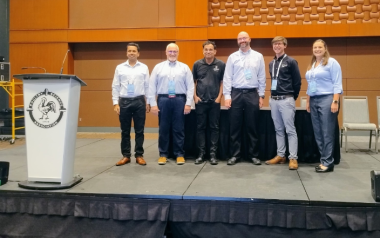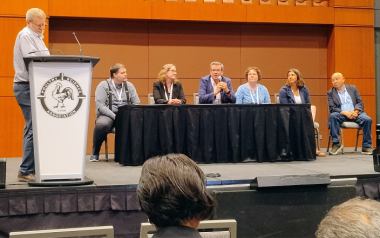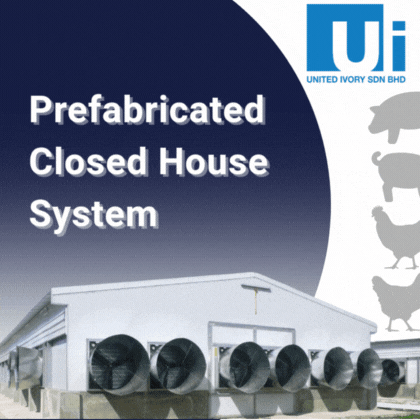Sources: Available upon request.
08 Oct 2024
Hurricane Helene’s Impact on the U.S. Poultry Industry
Hurricane Helene, a powerful Category 4 storm, recently wreaked havoc across the southeastern United States, leaving a trail of destruction in its wake. The hurricane’s impact on the U.S. poultry industry has been particularly severe, with significant disruptions to production and operations.
Hurricane Helene, a powerful Category 4 storm, recently wreaked havoc across the southeastern United States, leaving a trail of destruction in its wake. The hurricane’s impact on the U.S. poultry industry has been particularly severe, with significant disruptions to production and operations.
Plant closures and production halts
One of the most immediate effects of Hurricane Helene was the closure of several poultry processing plants. In Georgia and North Carolina, at least two major plants were forced to shut down due to power outages and structural damage. Wayne-Sanderson Farms, one of the largest poultry producers in the country, had to close its Moultrie, Georgia plant, which processes approximately 1.3 million chickens weekly. The timeline for resuming operations at these facilities remains uncertain, as it depends on the restoration of power and repairs to damaged infrastructure.
Impact on poultry farms
The hurricane also caused significant disruptions to poultry farms in the affected regions. Many farms in South Carolina had to rely on backup generators to maintain operations. The loss of power not only affected the day-to-day running of these farms but also posed a risk to the health and well-being of the poultry. Without adequate power, essential systems such as ventilation and feeding mechanisms were compromised, potentially leading to increased mortality rates among the flocks.
Economic consequences
The economic impact of Hurricane Helene on the poultry industry is expected to be substantial. The closure of processing plants and the disruptions to farm operations have led to a decrease in poultry production at a time when demand is high. This reduction in supply could result in higher prices for poultry products, affecting both consumers and businesses. Additionally, the costs associated with repairing damaged infrastructure and restoring operations will place a financial burden on poultry producers.
Long-term effects
The long-term effects of Hurricane Helene on the U.S. poultry industry are still unfolding. While some plants and farms may be able to resume operations relatively quickly, others may face prolonged disruptions. The hurricane has highlighted the vulnerability of the poultry industry to extreme weather events and the need for improved resilience and preparedness measures. Moving forward, industry stakeholders may need to invest in more robust infrastructure and contingency plans to mitigate the impact of future storms.
In conclusion, Hurricane Helene has had a profound impact on the U.S. poultry industry, causing plant closures, farm disruptions, and significant economic consequences. As the industry works to recover from this devastating event, it will be crucial to address the vulnerabilities exposed by the hurricane and to build greater resilience against future challenges.









































